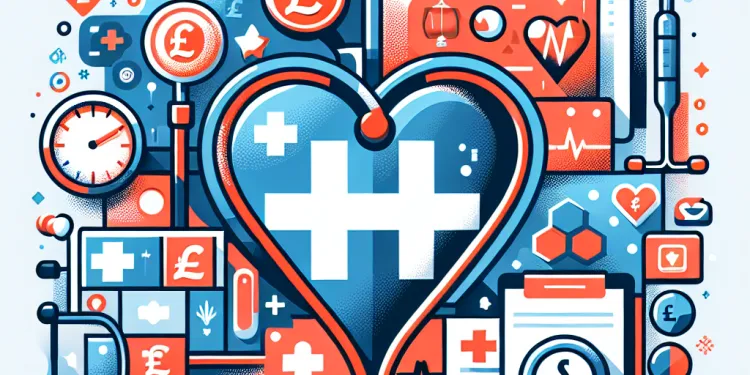
Find Help
More Items From Ergsy search
-
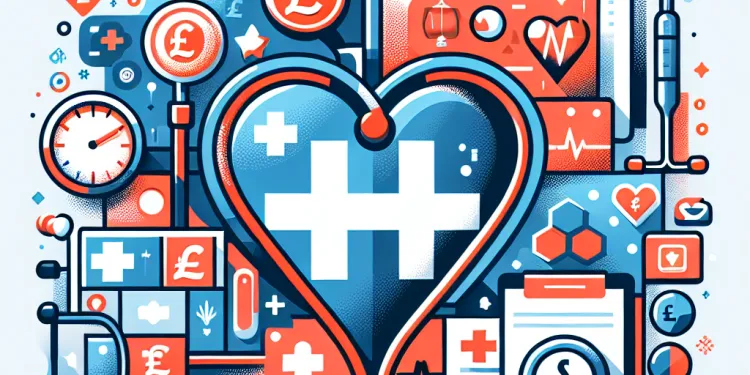
What is the NHS Low Income Scheme?
Relevance: 100%
-
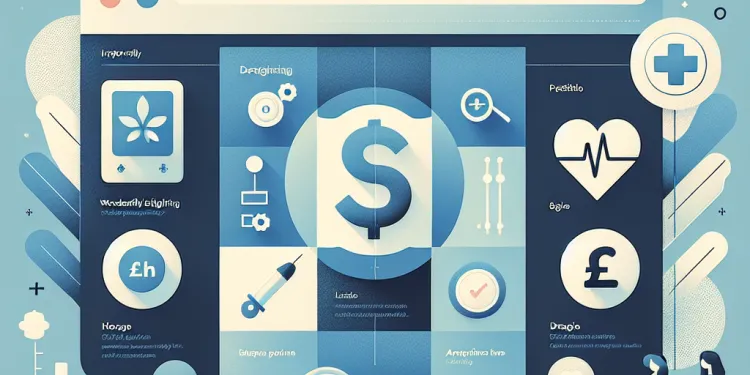
What is the NHS Low Income Scheme?
Relevance: 99%
-
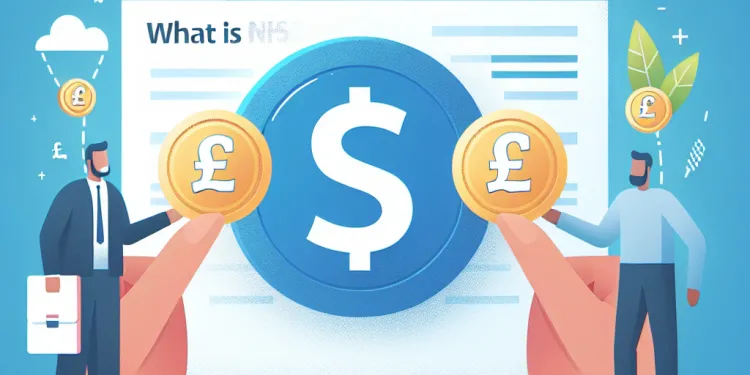
What is NHS Low Income Scheme?
Relevance: 99%
-
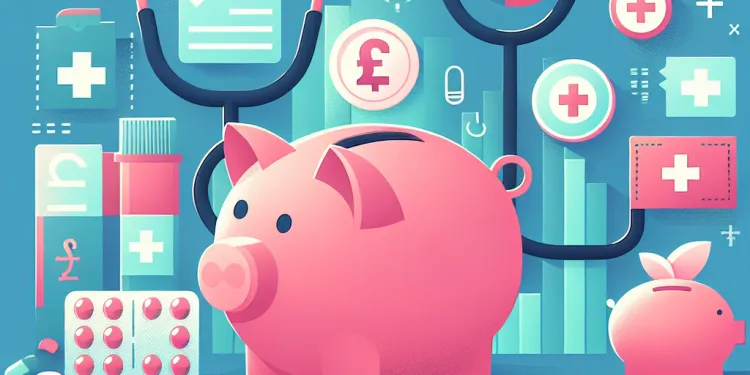
Who is eligible for the NHS Low Income Scheme?
Relevance: 95%
-
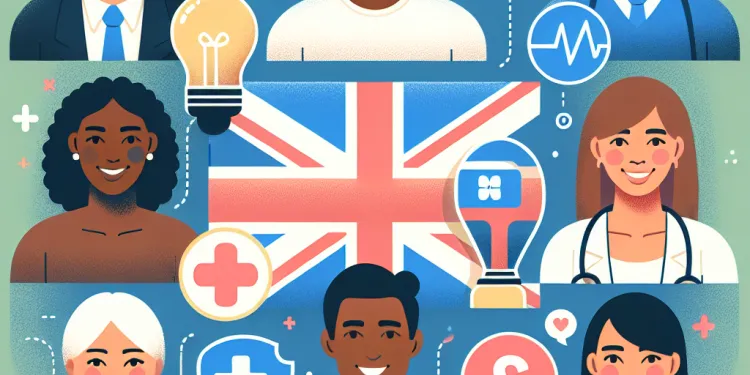
Who is eligible for the NHS Low Income Scheme?
Relevance: 95%
-
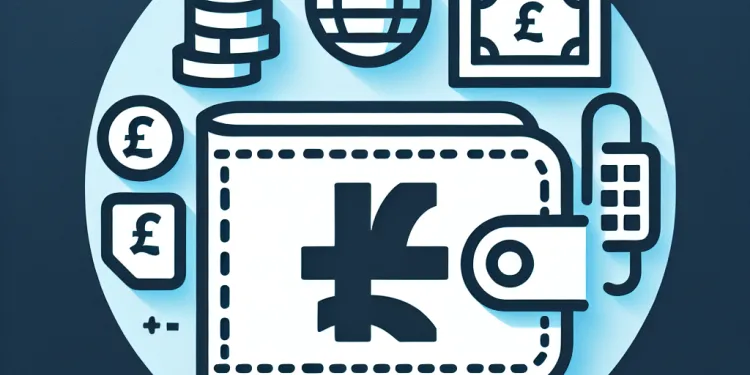
How do I apply for the NHS Low Income Scheme?
Relevance: 95%
-
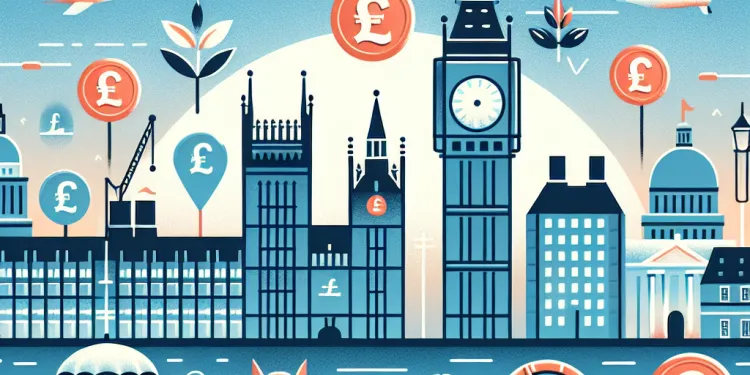
What is a defined benefit pension scheme?
Relevance: 42%
-
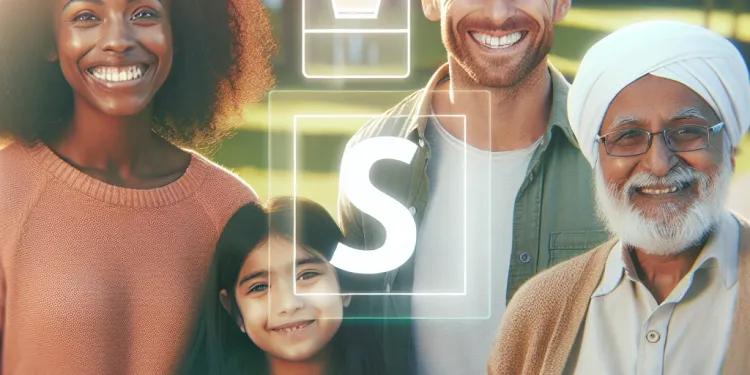
Government Announces New Support Scheme for Low-Income Families
Relevance: 42%
-
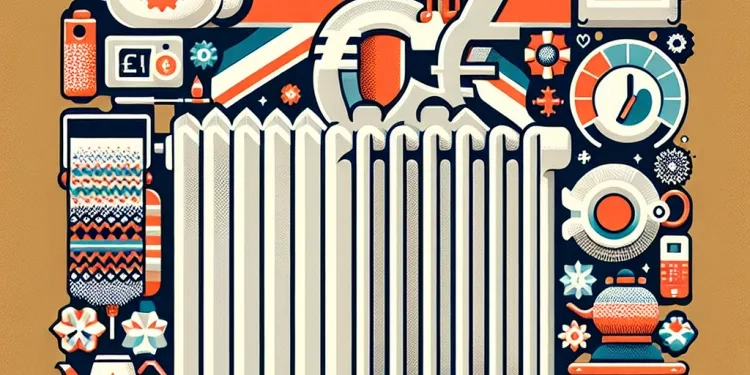
How long has the Warm Home Discount scheme been running?
Relevance: 41%
-
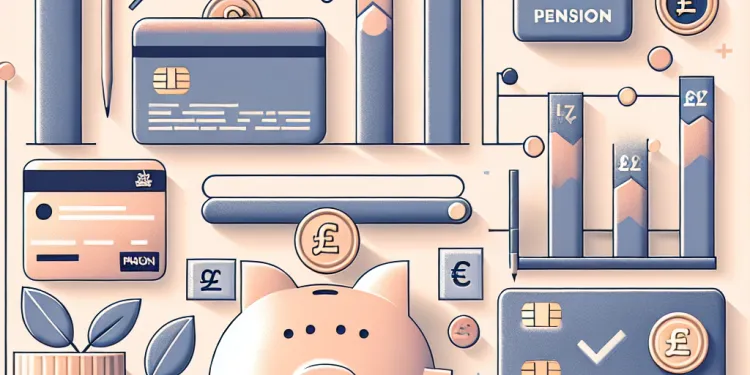
What is a defined contribution pension scheme?
Relevance: 39%
-

Do firefighters have to contribute to their pension schemes?
Relevance: 39%
-

Do all UK firefighters automatically join a pension scheme?
Relevance: 38%
-
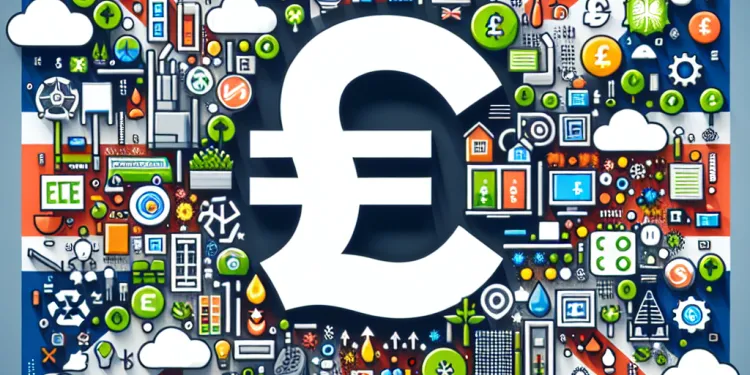
What is The Great British Insulation Scheme (ECO+)?
Relevance: 38%
-
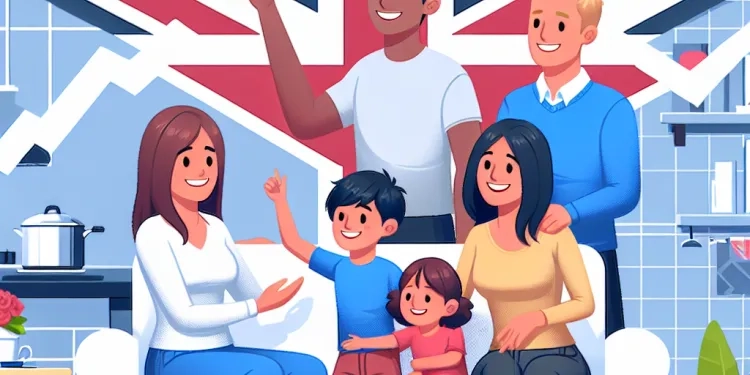
Government Support Schemes for Families Affected by Inflation
Relevance: 37%
-
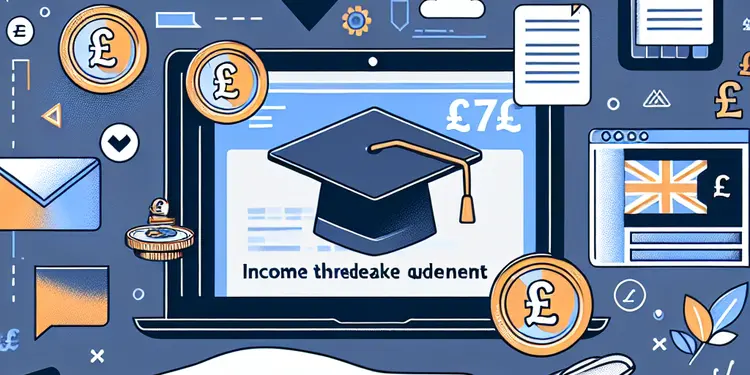
Is there an income threshold for students to qualify for the payment?
Relevance: 37%
-

Does the 2015 scheme have the same benefits as the earlier firefighter pension schemes?
Relevance: 36%
-

How is the pension calculated for firefighter schemes?
Relevance: 35%
-
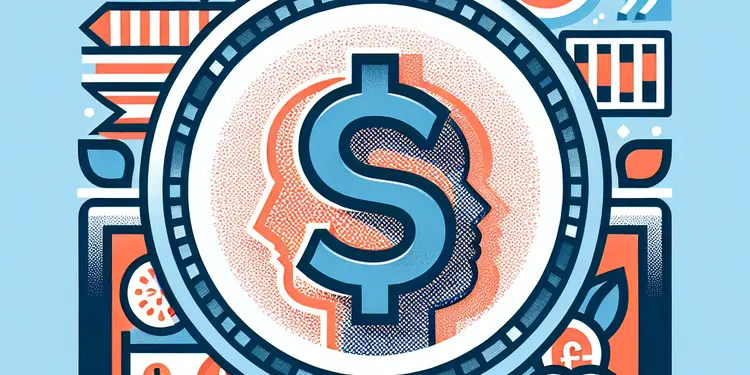
Can low salt intake be harmful?
Relevance: 34%
-
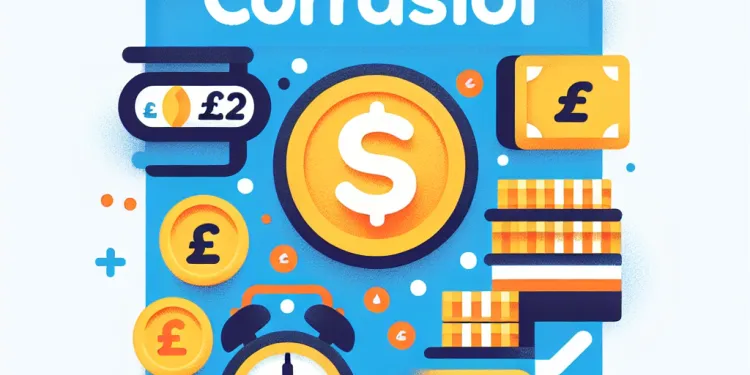
What can low levels of cortisol cause?
Relevance: 33%
-

What if I'm self-employed and my income varies?
Relevance: 33%
-
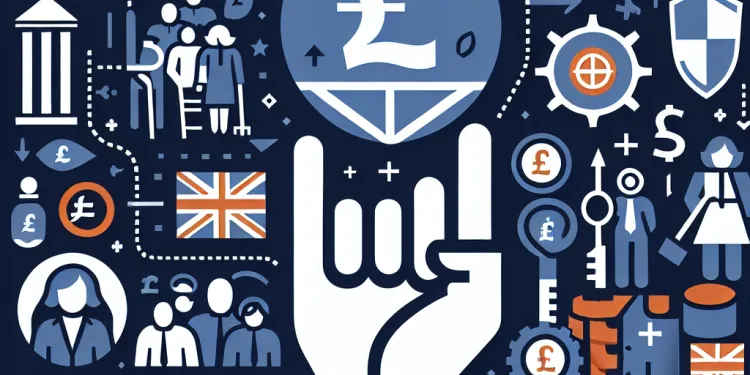
Can pension scheme members influence how their pension is managed?
Relevance: 33%
-
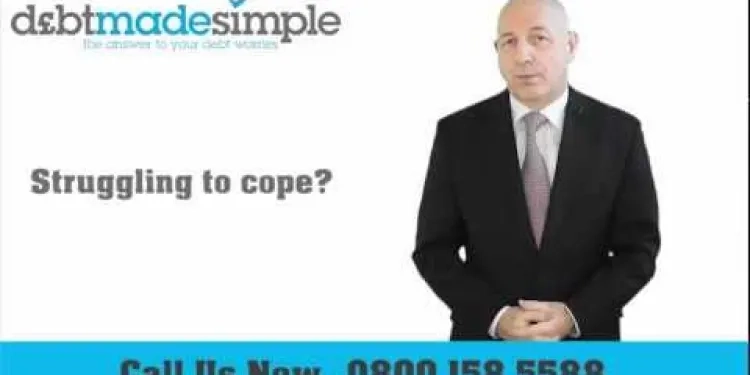
www.DebtMadeSimple.co.uk - Trust Deeds, Debt Arrangement Schemes, and Bankruptcy Services
Relevance: 32%
-
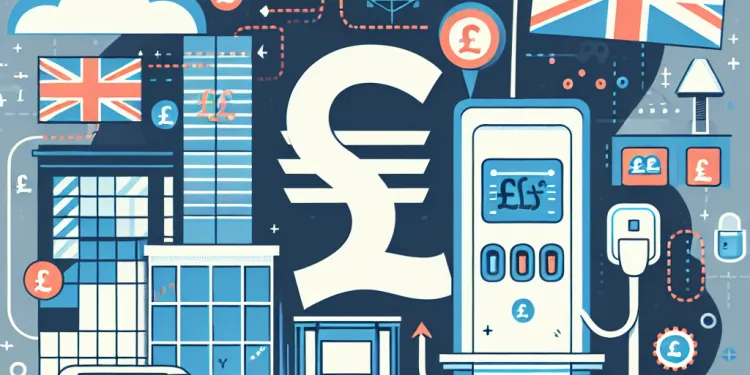
How much does the Workplace Charging Scheme cover?
Relevance: 31%
-
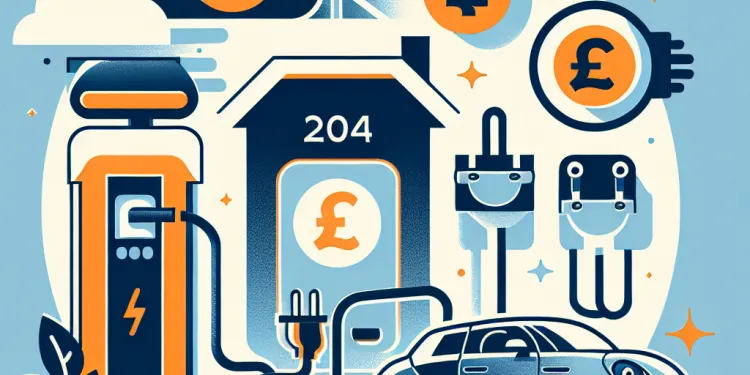
Who is eligible for the Electric Vehicle Homecharge Scheme?
Relevance: 31%
-
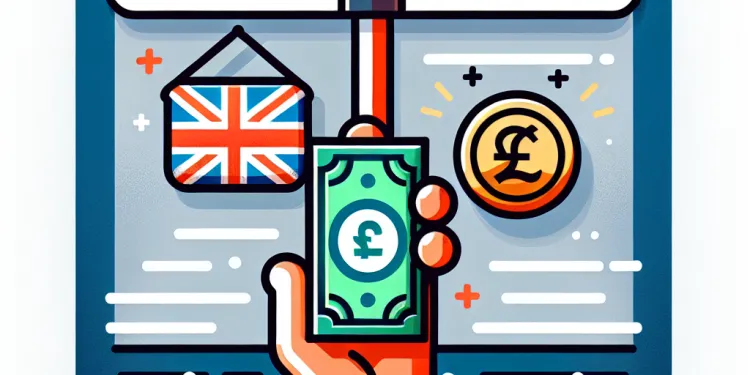
How does a wealth tax differ from an income tax?
Relevance: 30%
-
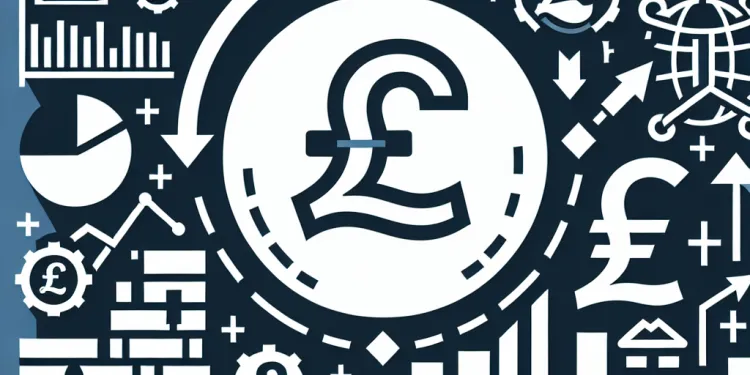
Will income thresholds for tax reliefs be revised in 2026?
Relevance: 30%
-
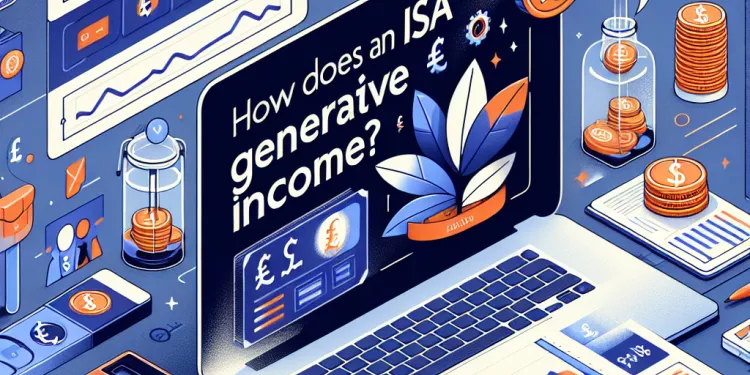
How does an ISA generate passive income?
Relevance: 30%
-

Can Ozempic cause low blood sugar (hypoglycemia)?
Relevance: 30%
-
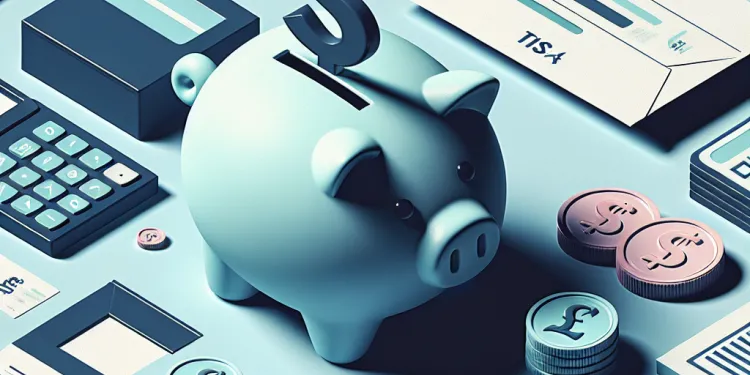
Do I need to declare my ISA income on my tax return?
Relevance: 30%
-
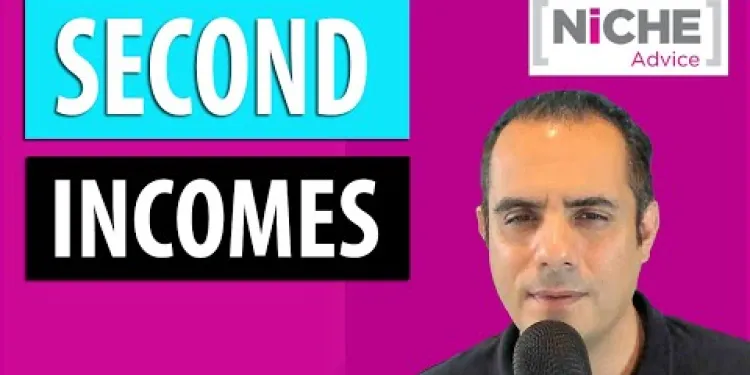
Using 100% of your Second Income for a Mortgage Application
Relevance: 30%
-
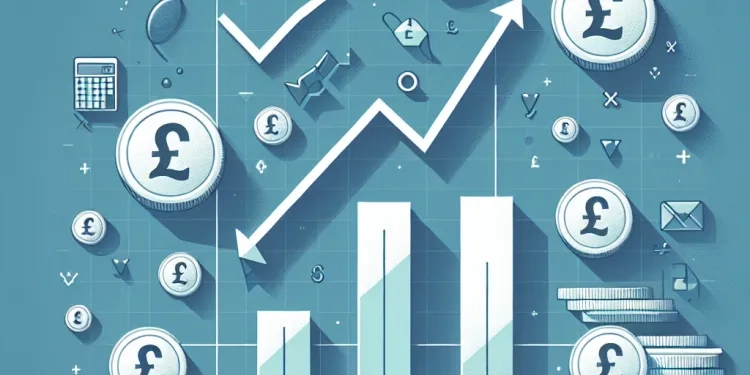
Could there be a reduction in the basic rate of income tax by 2026?
Relevance: 29%
-
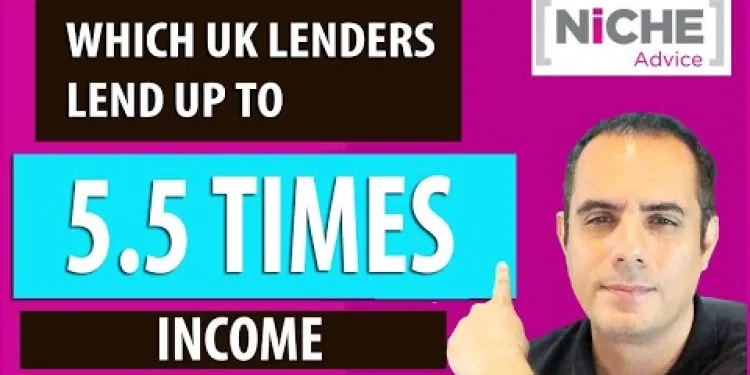
Highest Income Multiple Mortgage Lenders Revealed - Good and Bad Points
Relevance: 29%
-
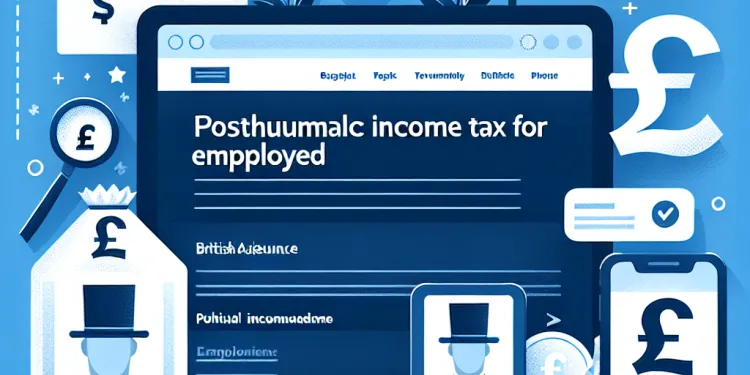
What happens to a deceased’s Income Tax if they were employed?
Relevance: 28%
-
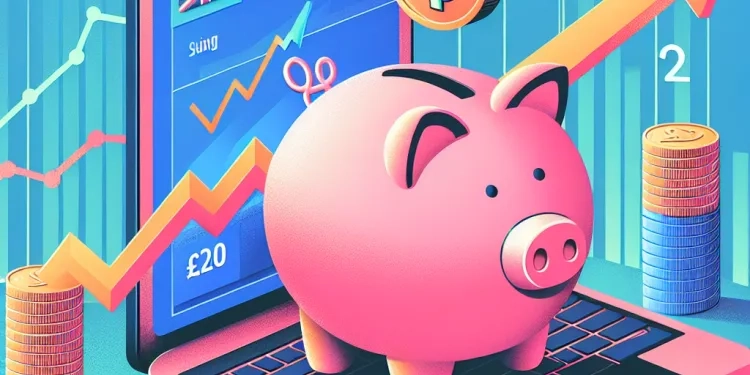
How much would I need in an ISA for a £2k monthly passive income?
Relevance: 28%
-
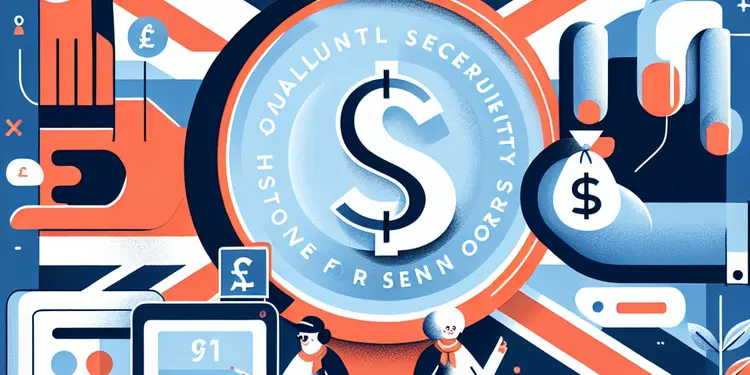
How do seniors qualify for Supplemental Security Income (SSI)?
Relevance: 28%
-
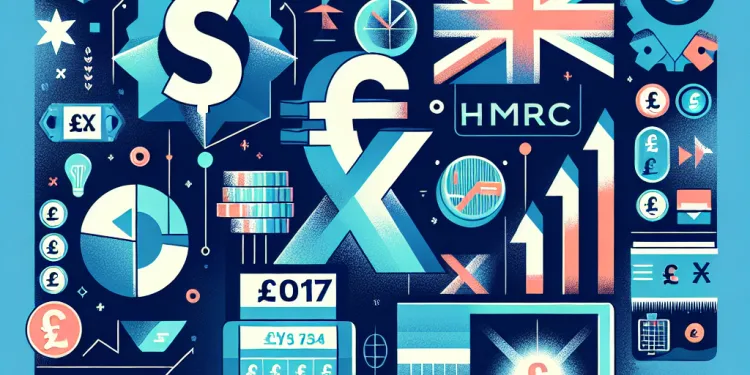
What are HMRC Income Tax Changes in April 2026?
Relevance: 28%
-

Calls Grow for Regulation on Buy Now, Pay Later Schemes
Relevance: 28%
-

Evidence-Based Interventions: injections for non-specific low back pain without sciatica
Relevance: 27%
-

What is the Workplace Charging Scheme?
Relevance: 26%
-
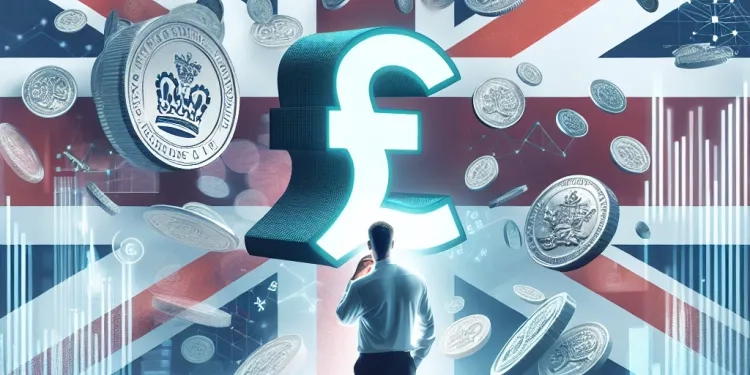
What are the HMRC income tax changes coming into effect in April 2026?
Relevance: 26%
What is the NHS Low Income Scheme?
The NHS Low Income Scheme (LIS) is a program in the United Kingdom designed to provide financial assistance to individuals and families with low incomes to help cover the costs of healthcare services. This scheme is particularly beneficial for those who are not automatically entitled to free healthcare services but still require support due to their financial situation.
Eligibility Criteria
Eligibility for the NHS Low Income Scheme is primarily based on the applicant's income and savings. The scheme is open to anyone who is a resident of the UK, including students, pensioners, and people receiving benefits. To qualify, your savings, investments, or property (excluding your home) must not exceed a certain limit. Additionally, the assessment will take into account factors such as the number of dependent children and any disabilities.
How the Scheme Works
The NHS Low Income Scheme operates by assessing an individual’s financial situation through an application process. Applicants must complete and submit the HC1 form, which is used to gather detailed information about their income, savings, and living arrangements. Based on this assessment, the NHS will determine the level of help the applicant is entitled to.
The scheme offers two types of certificates: the full help certificate (HC2) and the partial help certificate (HC3). An HC2 certificate provides the recipient with full coverage for various NHS costs, while an HC3 certificate offers limited assistance, requiring the individual to pay partial costs.
Benefits of the Scheme
Recipients of the NHS Low Income Scheme benefits can receive help with a wide range of healthcare costs. These benefits include free NHS prescriptions, free NHS dental treatment, free sight tests, help towards the cost of glasses or contact lenses, and assistance with travel costs to receive NHS treatment. For those holding an HC2 certificate, these benefits are fully covered, while HC3 certificate holders may need to contribute towards some costs.
Application Process
To apply for the NHS Low Income Scheme, individuals need to fill out an HC1 form, which can be obtained from various locations such as pharmacies, dentists, or by contacting the NHS directly. The form can also be downloaded online from the official NHS website. After submitting the form, applicants will receive a decision letter detailing their level of entitlement and any subsequent steps they need to follow.
Conclusion
The NHS Low Income Scheme is an essential support mechanism for individuals and families who struggle with healthcare costs due to low income levels. By providing financial assistance for essential healthcare services, the scheme ensures that everyone has access to necessary medical care, thereby promoting health equality across the UK. If you believe you may qualify, it is highly recommended to apply and explore the support available.
What is the NHS Low Income Scheme?
The NHS Low Income Scheme helps people in the UK who do not have much money to pay for healthcare. If you don’t have enough money to pay for healthcare, this scheme can help you.
Who Can Get It?
You can apply for the NHS Low Income Scheme if you live in the UK and don’t have much income or savings. This includes students, older people, and people on benefits. You can't have too much money saved or too many other things worth a lot (except your house). They also look at your family size and if anyone has disabilities.
How Does It Work?
To find out if you can get help, you need to fill out a form called HC1. This form asks about your money and living situation. After you send the form, the NHS will decide how much help you can get.
There are two types of help: - The HC2 certificate gives all costs free. - The HC3 certificate gives some help, but you pay part of the costs.
What Help Can You Get?
If you get the NHS Low Income Scheme, you can get help with: - Free NHS prescriptions - Free NHS dental care - Free eye tests - Help paying for glasses or contact lenses - Help with travel costs for NHS treatment If you have an HC2 certificate, everything is free. With an HC3 certificate, you will still need to pay some costs.
How to Apply?
To apply, fill out an HC1 form. You can get this form from pharmacies, dentists, or the NHS. You can also download it from the NHS website. Once you fill it out and send it back, you will get a letter telling you what help you can get.
Why It Is Important
The NHS Low Income Scheme is important because it helps people who don’t have much money to get the healthcare they need. This means everyone can stay healthy, no matter how much money they have. If you think you might get help, it is a good idea to apply.
Frequently Asked Questions
What is the NHS Low Income Scheme?
The NHS Low Income Scheme (LIS) provides financial help to people with costs associated with healthcare, such as prescriptions, dental treatments, and eyecare, depending on their income levels.
Who can apply for the NHS Low Income Scheme?
Anyone in the UK can apply for the NHS Low Income Scheme if they have a low income, including students, pensioners, employed, or unemployed individuals.
What does the NHS Low Income Scheme cover?
The scheme can cover costs for NHS prescriptions, dental treatment, eye tests, glasses or contact lenses, travel to receive NHS treatment, and hospital stays.
How do I apply for the NHS Low Income Scheme?
You can apply by completing the HC1 form, which is available online or at your local NHS provider, such as a GP or hospital.
Is there an application fee for the NHS Low Income Scheme?
No, applying to the NHS Low Income Scheme is free.
How is eligibility assessed for the NHS Low Income Scheme?
Eligibility is assessed based on your income, savings, and expenses. You may qualify for full or partial help depending on your financial situation.
How long does it take to process an NHS Low Income Scheme application?
It can take up to four weeks to process your application for the NHS Low Income Scheme.
What is an HC2 certificate?
An HC2 certificate provides full help with health costs and is issued to those who qualify for maximum support under the NHS Low Income Scheme.
What is an HC3 certificate?
An HC3 certificate offers partial help with health costs for those who do not fully meet the criteria for an HC2 certificate.
How long is the HC2 or HC3 certificate valid?
The certificate is typically valid for 12 months from the date it is issued.
Can I apply for the NHS Low Income Scheme if I have savings?
You can still apply, but your savings will be considered when determining your eligibility and level of support.
Can students apply for the NHS Low Income Scheme?
Yes, students with low income can apply for the NHS Low Income Scheme.
Are pensioners eligible for the NHS Low Income Scheme?
Pensioners can apply if they have a low income and meet the eligibility criteria.
What should I do if my application for the NHS Low Income Scheme is rejected?
If you believe your application was unfairly rejected, you can ask for it to be reviewed or reapply with more information.
Can I use the NHS Low Income Scheme to cover private treatments?
No, the NHS Low Income Scheme only covers costs associated with NHS treatments.
Do I need to reapply for the NHS Low Income Scheme each year?
Yes, you need to reapply for the scheme once your current certificate expires if you still require financial assistance.
Can I apply for the NHS Low Income Scheme on behalf of someone else?
You can apply on behalf of someone else if you are their carer or legal representative, but you will need to provide their financial details.
What evidence do I need to provide when applying for the NHS Low Income Scheme?
You may need to provide detailed information about your income, savings, household composition, and housing costs.
Can the NHS Low Income Scheme help with hospital travel costs?
Yes, the scheme can help cover travel costs to receive NHS treatment if you qualify.
How often are NHS Low Income Scheme payments made?
The scheme does not make direct payments to you; instead, it reduces the costs of your NHS healthcare expenses.
What is the NHS Low Income Scheme?
The NHS Low Income Scheme helps people who do not have much money. It can help pay for health costs, like doctor visits or medication.
You can apply for this help if you do not earn a lot of money. You need to fill out a form to check if you can get help.
It is a good idea to ask someone for help if the form is hard to understand. You can also use a calculator online to see if you might get help.
The NHS Low Income Scheme (LIS) helps people who don't have much money. It gives them money to help pay for things like medicine from the doctor, going to the dentist, and getting glasses. How much help you get depends on how much money you earn.
Who Can Get Help from the NHS Low Income Scheme?
If you don't have much money, you might get help from the NHS Low Income Scheme. This means you pay less for things like medicine from the doctor.
To find out if you can get help:
- You can ask someone you trust to help you. This could be a family member or a friend.
- Use a computer or phone to read more on the NHS website.
- Call the NHS helpline for advice. They can tell you what to do next.
People in the UK can ask for help from the NHS Low Income Scheme if they do not have much money. This includes students, older people, people with jobs, and people without jobs.
What does the NHS Low Income Scheme cover?
The NHS Low Income Scheme helps people who have little money. It can help pay for health costs.
Here are some things it can help with:
- Paying for medicine.
- Seeing the dentist.
- Getting new glasses.
- Travel costs for going to the doctor or hospital.
You can ask for help if you have a low income.
If you find reading hard, you can:
- Ask someone to read it with you.
- Use a computer or a phone to read aloud.
This plan helps you pay for: NHS prescriptions, dentist visits, eye tests, glasses or contact lenses, travel to get NHS treatment, and staying in the hospital.
How can I get help from the NHS Low Income Scheme?
The NHS Low Income Scheme can help you pay for health costs if you don't have much money.
Here is how you can apply:
- Get the form: You need to get a form called HC1. You can find it online or ask for it at a doctor's office or a hospital.
- Fill out the form: Write your name, address, and how much money you have.
- Send the form: After filling it out, send it back in the envelope it came with.
- Wait for a reply: The NHS will write to you and say if you can get help with money.
Here are some tips to help you fill out the form:
- Ask a friend or family member to help you.
- You can also call the NHS helpline if you have questions.
You can fill out a form called HC1 to apply. You can find this form on the internet or at your nearby NHS place. This could be where you see a doctor or a hospital.
Do I have to pay to apply for the NHS Low Income Scheme?
No, it does not cost money to apply for the NHS Low Income Scheme.
How do you know if you can get help from the NHS Low Income Scheme?
The NHS Low Income Scheme helps people who don't have much money. It helps with health costs like paying for prescriptions and going to the dentist.
To find out if you can get help, you have to fill out a form. This form asks about the money you have coming in and what you spend. It's called an "application."
Once you send in the form, someone will look at it. They will check how much money you make and what you need to pay for. This is called "checking your eligibility."
If they see that you don’t have much money, you might get help. They will send you a letter to tell you if you can get help or not.
You can ask someone to help you fill out the form, like a friend, family member, or a support worker.
To see if you can get help, we look at how much money you make, how much money you have saved, and what you spend your money on. You can get all or some help depending on how much money you have.
How long will it take to hear back about my NHS Low Income Scheme application?
It might take up to four weeks for your NHS Low Income Scheme application to be ready.
What is an HC2 certificate?
An HC2 certificate is a paper that helps you get health treatments for free. It means you might not have to pay for things like going to the dentist or getting glasses.
Here are some tools that might help you:
- Ask a friend or family member to help you read it.
- Use a ruler or your finger to follow along each line while reading.
- Try reading out loud to understand better.
An HC2 certificate helps you pay for health costs. It's given to people who need the most help because they have a low income. This is part of the NHS Low Income Scheme.
If you need help to understand this, you can ask someone to explain it to you. You can also use tools that read text out loud or help you see the words clearly.
What is an HC3 certificate?
An HC3 certificate is a special paper. It helps pay for health costs.
Some people get discounts. This means they pay less money for health care.
If you have questions or need help, ask a family member or a trusted friend.
An HC3 certificate helps pay for health costs. It's for people who can't get an HC2 certificate.
How long can you use the HC2 or HC3 certificate?
The certificate is good for 12 months from the day you get it. That's one whole year.
Can I get help from the NHS Low Income Scheme if I have some money saved?
You can still apply for help. When you apply, they will look at how much money you have saved. This will help them decide if you can get help and how much help you can get.
Can students get help to pay for health costs?
Students can sometimes get help to pay for health costs if they don’t have much money. This help is called the NHS Low Income Scheme.
If you are a student and want to know more, you can talk to someone who helps with money advice. They can explain what you need to do.
Yes, students who don't have much money can ask for help from the NHS Low Income Scheme.
Can retired people get help from the NHS Low Income Scheme?
People who get a pension can ask for help if they do not have a lot of money and meet the rules to apply.
What can I do if my NHS Low Income Scheme application is turned down?
Your NHS Low Income Scheme application might not be accepted.
If this happens, you can:
- Ask why you were turned down.
- Check the rules again to make sure you meet them.
- Try to apply again if something changed.
- Get help from family or friends to fill out the form.
- Use a computer to help check the rules. You can ask someone for help.
If you need more help, you can:
- Call a helpline for advice.
- Visit a local advice center.
Remember, it’s okay to ask for help!
If you think your application was not treated fairly, you can do two things. You can ask for it to be looked at again, or you can try again and give more information.
Can I use the NHS Low Income Scheme to pay for private treatments?
No, the NHS Low Income Scheme only helps pay for NHS treatments.
Do I need to apply again for the NHS Low Income Scheme every year?
Yes, you have to ask for help again when your current certificate runs out. You need to do this if you still need money help.
Can I help someone else apply for the NHS Low Income Scheme?
Yes, you can help. If someone finds it hard to fill out forms, you can do it for them. Make sure you have their details and ask them first.
You can also find these helpful tools and tips:
- Use a computer or tablet to fill out the form. It might be easier than writing by hand.
- Read each question out loud and take your time.
- If the words are tricky, ask someone for help or use a dictionary.
- Take breaks if it feels too much.
You can fill out the form for someone else if you take care of them or if you are their legal helper. To do this, you need to have their money information.
Supportive tools: You can use a calculator to help with numbers or ask a friend for help.
What do I need to show when asking for help with NHS costs?
To get help with NHS costs, you need to show some papers. These papers prove how much money you have. Here is what you might need:
- A paper that shows how much money you earn from work.
- A paper that shows you get benefits or money from the government.
- A paper that shows how much money you have in the bank.
- A paper that shows any other money you get, like pensions.
If you need help, you can use a calculator online to see what papers you need. You can also ask a friend or family member to help you gather these papers.
You might need to tell us about how much money you earn, how much you have saved, who lives with you, and what your housing expenses are.
Can the NHS Low Income Scheme help with travel costs to the hospital?
If you don’t have much money, the NHS Low Income Scheme might help you pay for travel to the hospital. This means you don’t have to worry as much about the cost. You can ask for advice from someone who knows about the scheme. They can tell you how to apply and what help you can get.
Here are some tips to help:
- Ask a friend or family member to help you fill out forms.
- Use a calculator to work out your travel costs.
- You can ask someone at the hospital for help or information about the scheme.
Yes, you might get help to pay for travel to see a doctor or hospital if you are allowed.
How often do you get money from the NHS Low Income Scheme?
If you are part of the NHS Low Income Scheme, you might get help to pay for health costs. This can be things like medicine or dentist visits.
The NHS will send you money back for these costs when you ask for it.
You might get this money back at different times, depending on when you send in your request.
If you have questions, you can ask someone for help. A friend, family member, or a helper can support you.
The program does not give you money directly. Instead, it helps to lower the cost of your NHS healthcare bills.
Useful Links
Have you found an error, or do you have a link or some information you would like to share? Please let us know using the form below.
-->
This website offers general information and is not a substitute for professional advice.
Always seek guidance from qualified professionals.
If you have any medical concerns or need urgent help, contact a healthcare professional or emergency services immediately.
Some of this content was generated with AI assistance. We’ve done our best to keep it accurate, helpful, and human-friendly.
- Ergsy carfully checks the information in the videos we provide here.
- Videos shown by Youtube after a video has completed, have NOT been reviewed by ERGSY.
- To view, click the arrow in centre of video.
- Most of the videos you find here will have subtitles and/or closed captions available.
- You may need to turn these on, and choose your preferred language.
- Go to the video you'd like to watch.
- If closed captions (CC) are available, settings will be visible on the bottom right of the video player.
- To turn on Captions, click settings .
- To turn off Captions, click settings again.
More Items From Ergsy search
-

What is the NHS Low Income Scheme?
Relevance: 100%
-

What is the NHS Low Income Scheme?
Relevance: 99%
-

What is NHS Low Income Scheme?
Relevance: 99%
-

Who is eligible for the NHS Low Income Scheme?
Relevance: 95%
-

Who is eligible for the NHS Low Income Scheme?
Relevance: 95%
-

How do I apply for the NHS Low Income Scheme?
Relevance: 95%
-

What is a defined benefit pension scheme?
Relevance: 42%
-

Government Announces New Support Scheme for Low-Income Families
Relevance: 42%
-

How long has the Warm Home Discount scheme been running?
Relevance: 41%
-

What is a defined contribution pension scheme?
Relevance: 39%
-

Do firefighters have to contribute to their pension schemes?
Relevance: 39%
-

Do all UK firefighters automatically join a pension scheme?
Relevance: 38%
-

What is The Great British Insulation Scheme (ECO+)?
Relevance: 38%
-

Government Support Schemes for Families Affected by Inflation
Relevance: 37%
-

Is there an income threshold for students to qualify for the payment?
Relevance: 37%
-

Does the 2015 scheme have the same benefits as the earlier firefighter pension schemes?
Relevance: 36%
-

How is the pension calculated for firefighter schemes?
Relevance: 35%
-

Can low salt intake be harmful?
Relevance: 34%
-

What can low levels of cortisol cause?
Relevance: 33%
-

What if I'm self-employed and my income varies?
Relevance: 33%
-

Can pension scheme members influence how their pension is managed?
Relevance: 33%
-

www.DebtMadeSimple.co.uk - Trust Deeds, Debt Arrangement Schemes, and Bankruptcy Services
Relevance: 32%
-

How much does the Workplace Charging Scheme cover?
Relevance: 31%
-

Who is eligible for the Electric Vehicle Homecharge Scheme?
Relevance: 31%
-

How does a wealth tax differ from an income tax?
Relevance: 30%
-

Will income thresholds for tax reliefs be revised in 2026?
Relevance: 30%
-

How does an ISA generate passive income?
Relevance: 30%
-

Can Ozempic cause low blood sugar (hypoglycemia)?
Relevance: 30%
-

Do I need to declare my ISA income on my tax return?
Relevance: 30%
-

Using 100% of your Second Income for a Mortgage Application
Relevance: 30%
-

Could there be a reduction in the basic rate of income tax by 2026?
Relevance: 29%
-

Highest Income Multiple Mortgage Lenders Revealed - Good and Bad Points
Relevance: 29%
-

What happens to a deceased’s Income Tax if they were employed?
Relevance: 28%
-

How much would I need in an ISA for a £2k monthly passive income?
Relevance: 28%
-

How do seniors qualify for Supplemental Security Income (SSI)?
Relevance: 28%
-

What are HMRC Income Tax Changes in April 2026?
Relevance: 28%
-

Calls Grow for Regulation on Buy Now, Pay Later Schemes
Relevance: 28%
-

Evidence-Based Interventions: injections for non-specific low back pain without sciatica
Relevance: 27%
-

What is the Workplace Charging Scheme?
Relevance: 26%
-

What are the HMRC income tax changes coming into effect in April 2026?
Relevance: 26%


